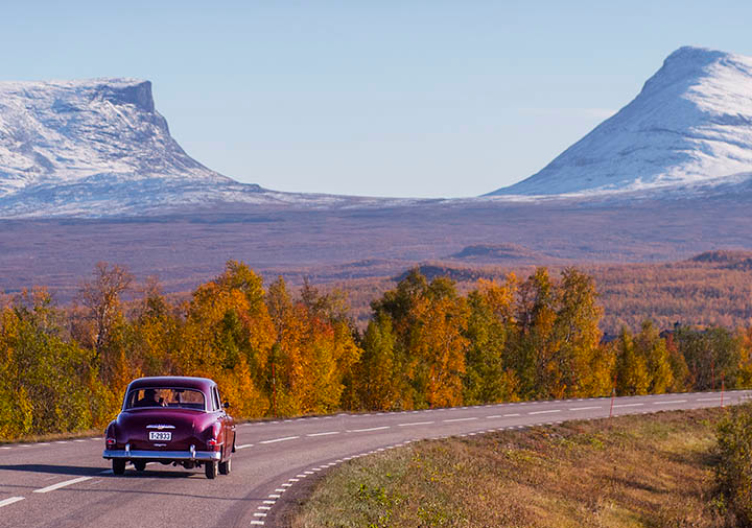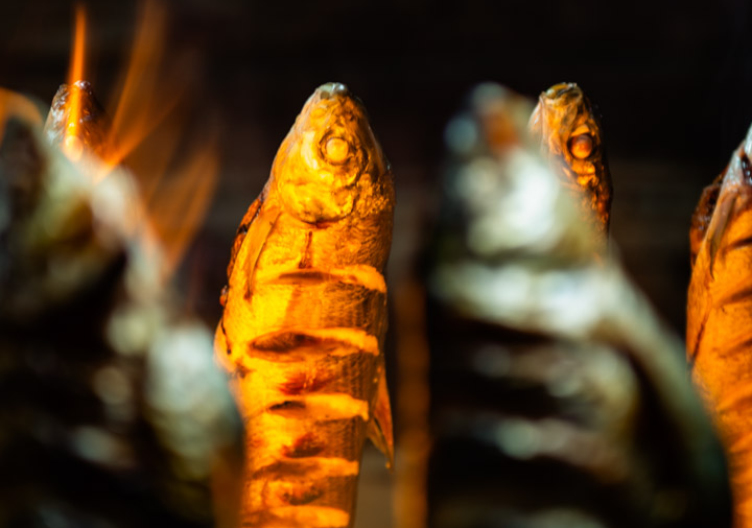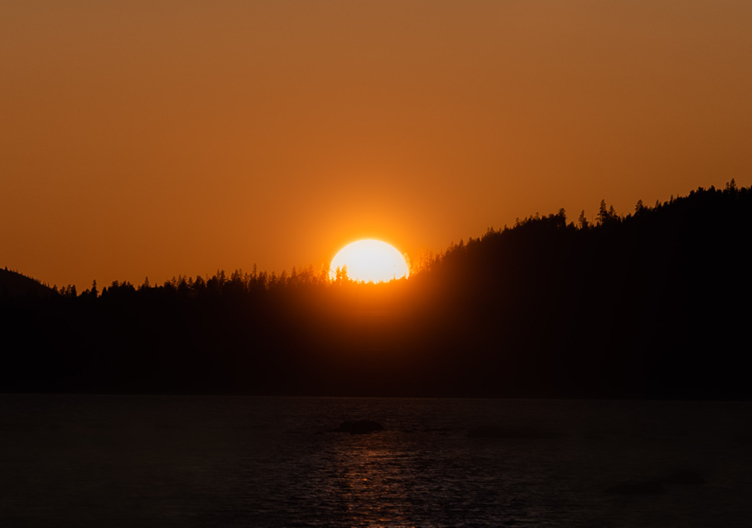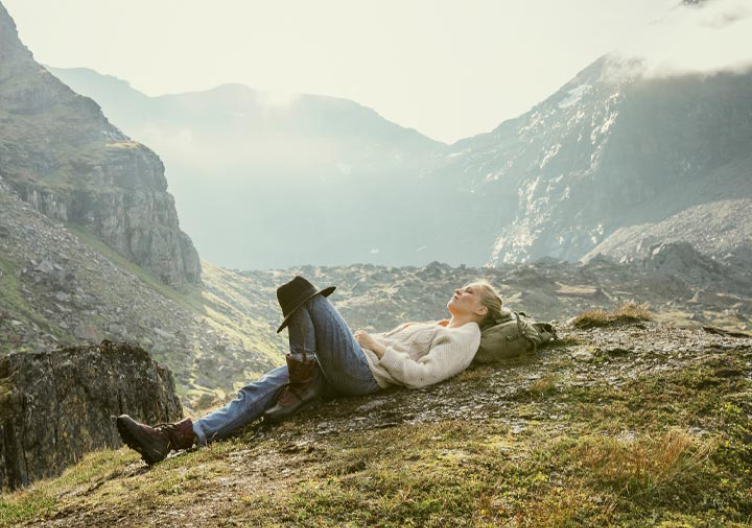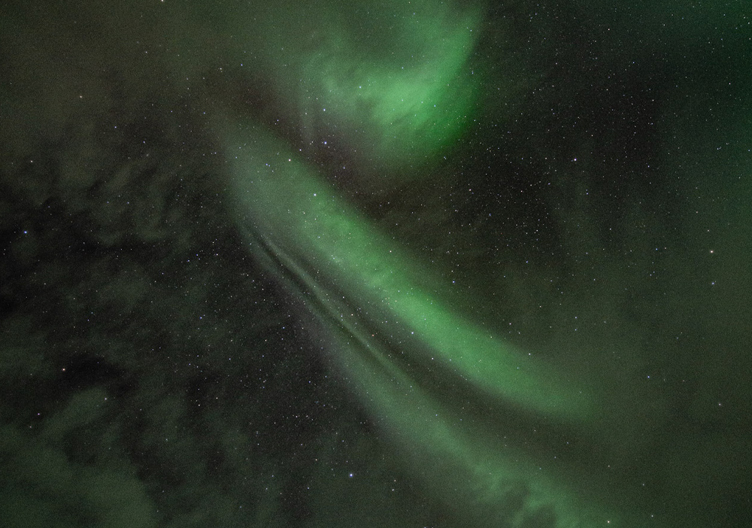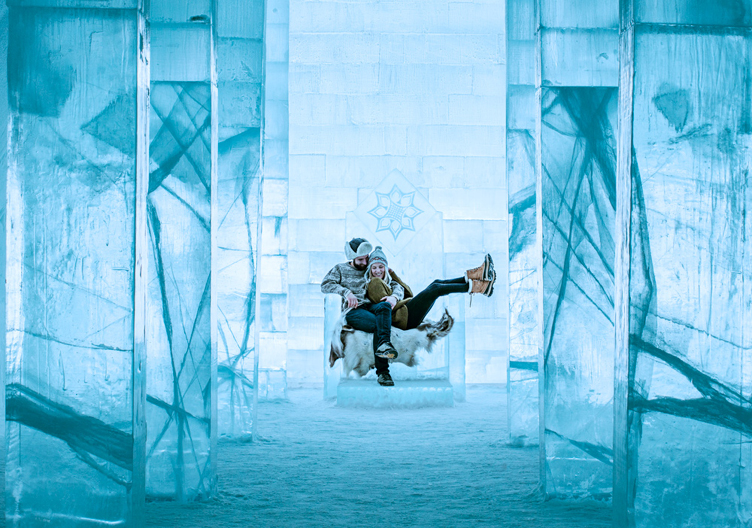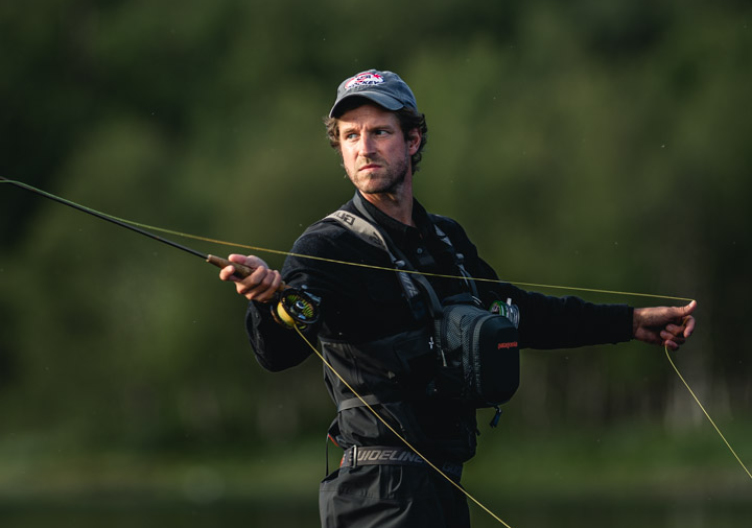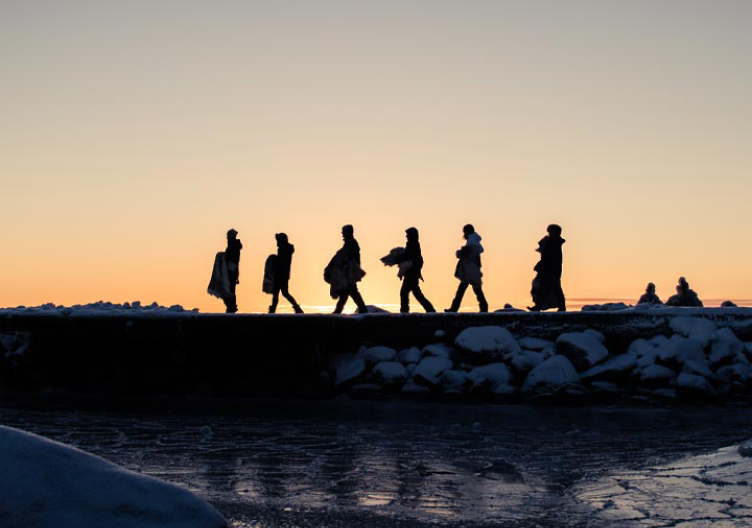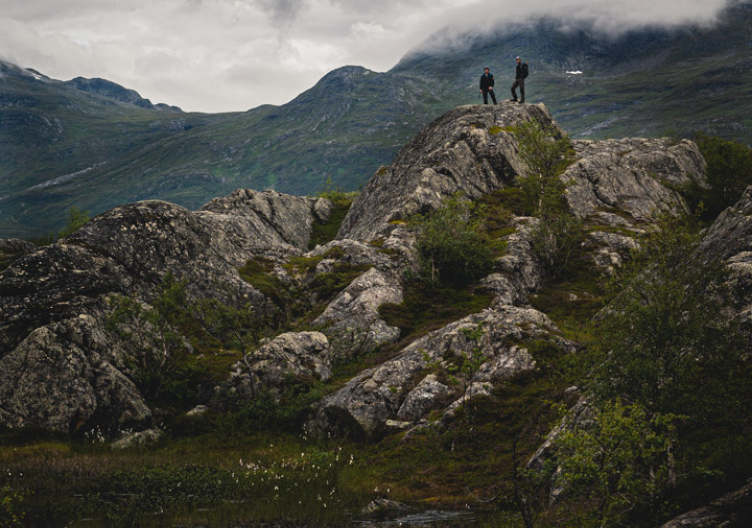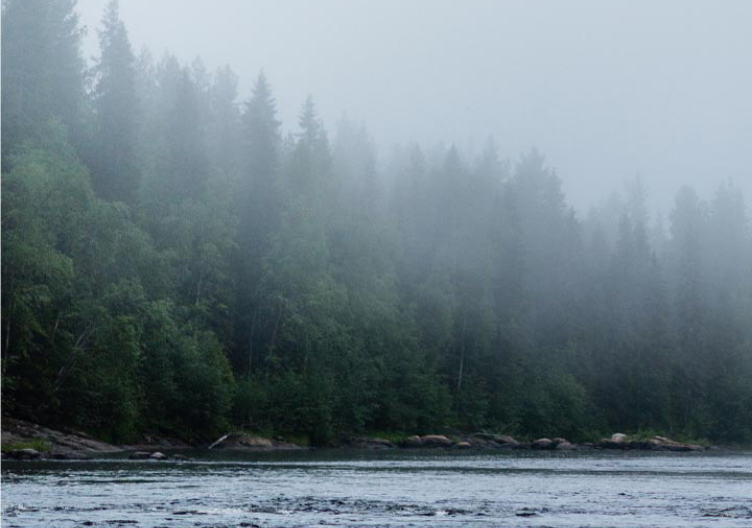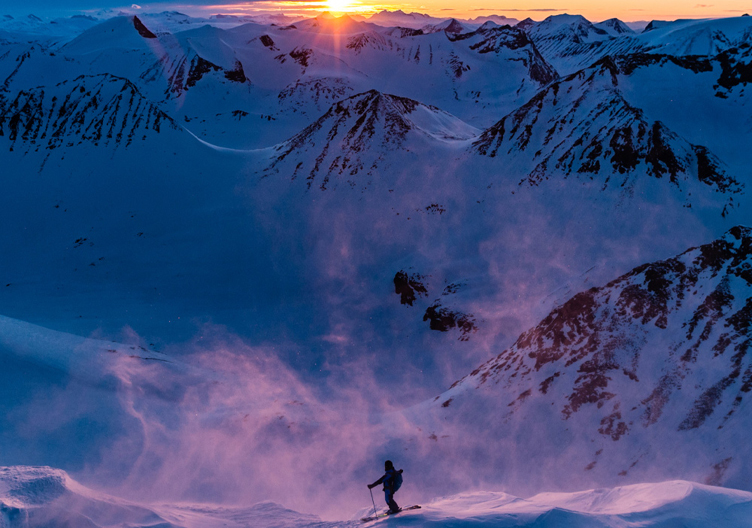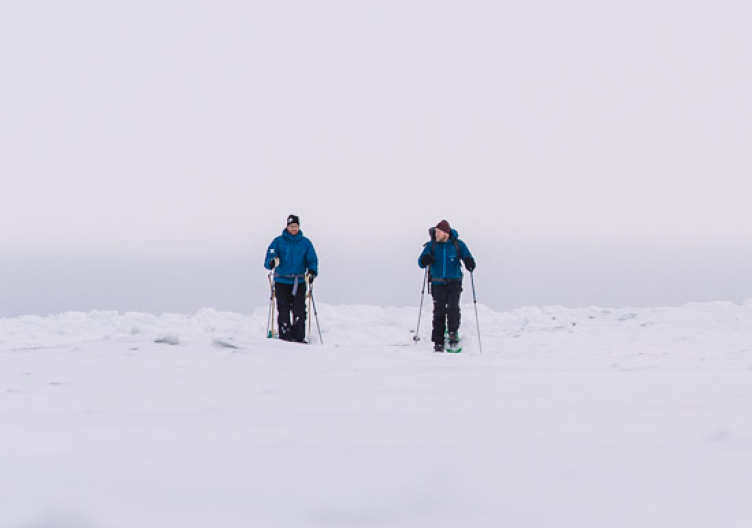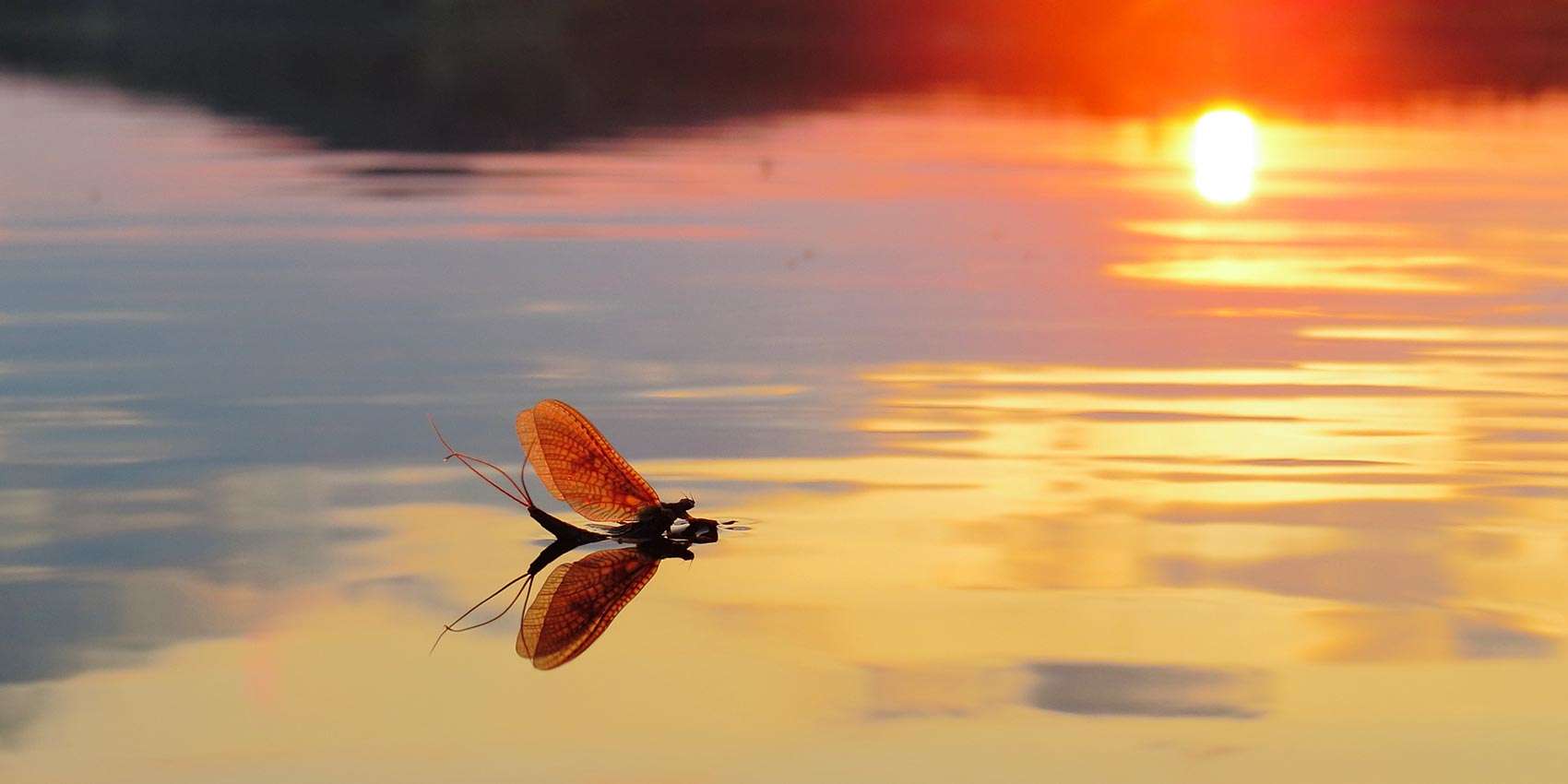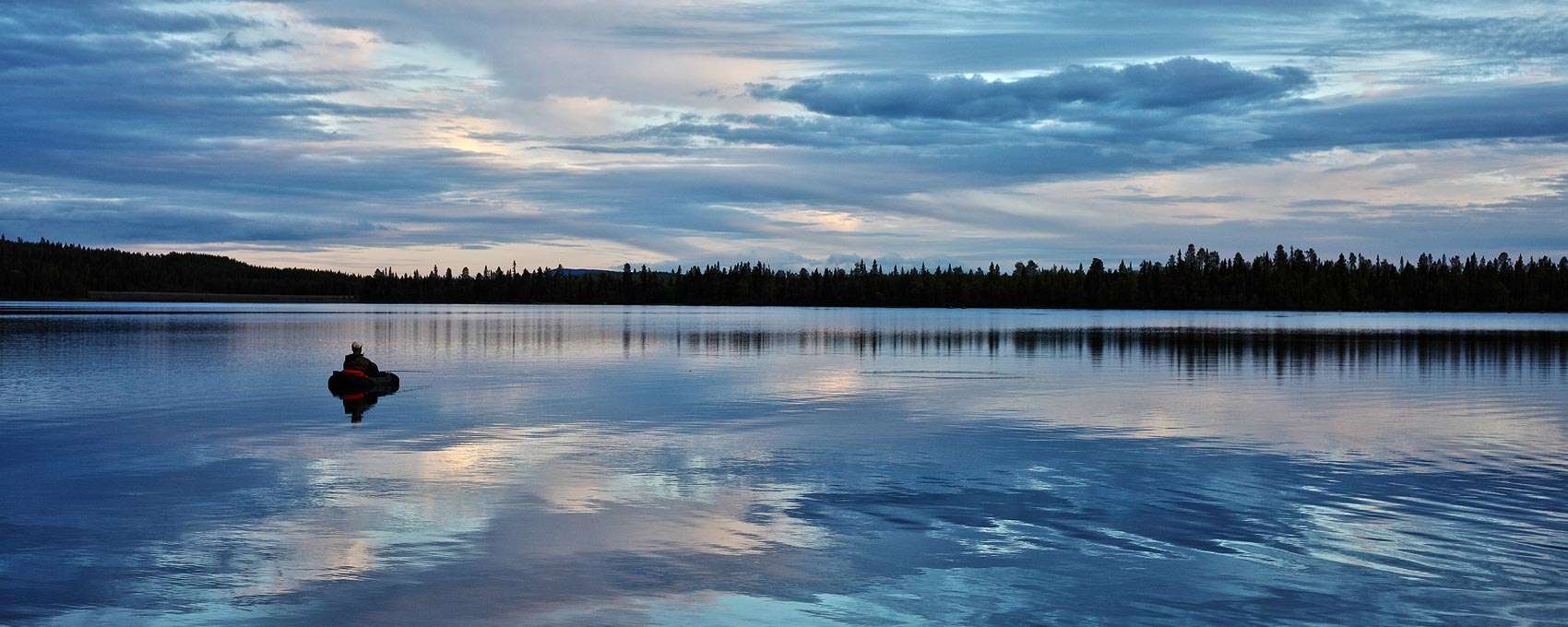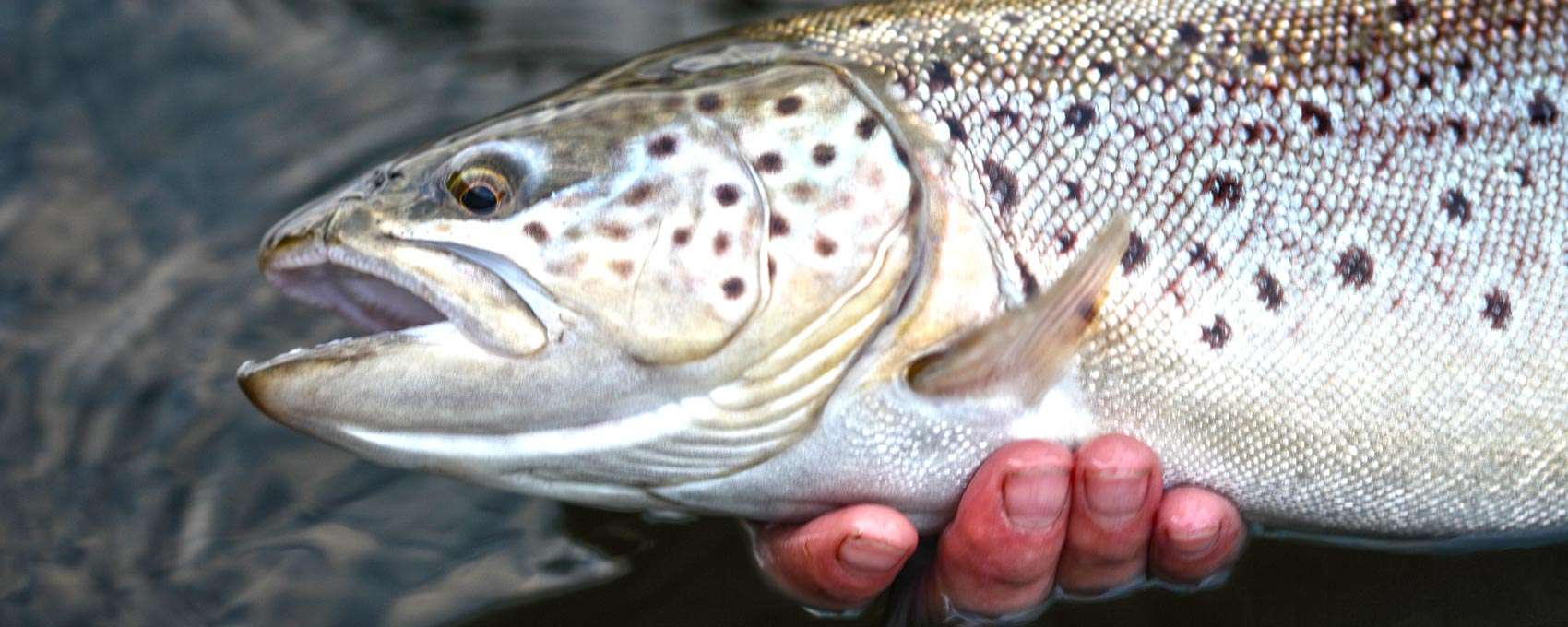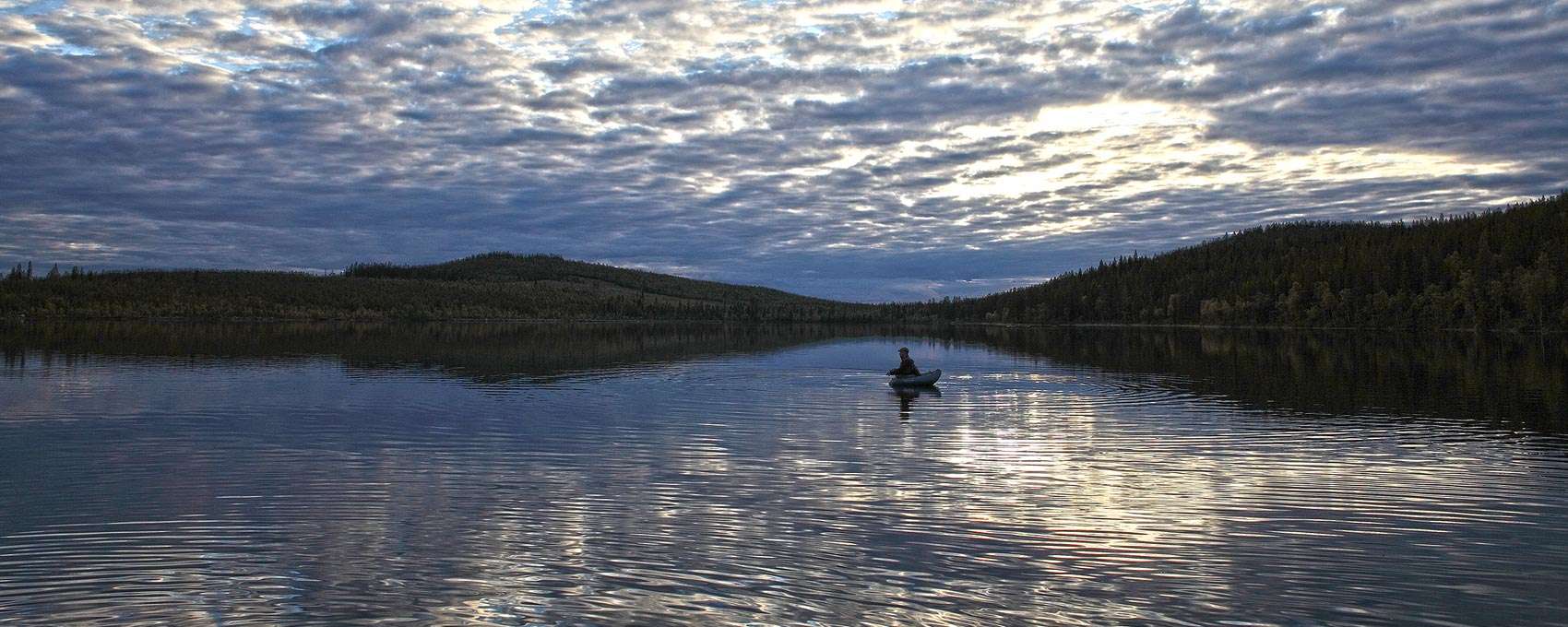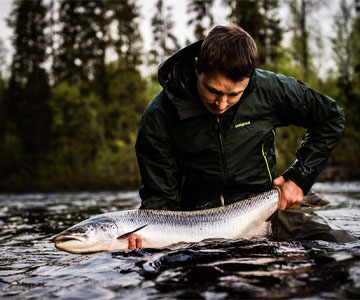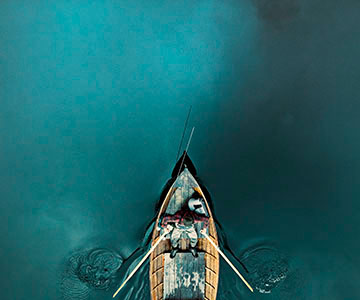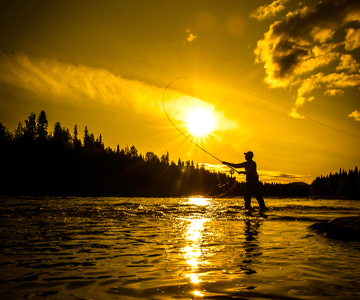By night
I glide towards the island in the middle, making sure I’ve brought the water bottle in one of the float tube’s side pockets. Paddling with your legs, using flippers to help, wears you out and if you don’t drink enough, you can easily get cramps. It’s a terrible experience even when you’re not sat in a flotation device, and absolutely horrible when you’re stuck inside one. My friend Biggo – the name indicates he’s not a small guy – went fishing one day. He’d forgotten to bring water. After a while, his thigh cramped so hard Biggo thought it was a blood clot. He tried to paddle back with the leg that still worked, but it cramped up as well. A neighbour heard Biggo’s cries of pain, figured it was a blood clot, and threw himself in a boat. Once out there he threw him a rope and towed the big guy to the jetty.
I glide up behind the dentist’s house in the village. He’s here for the third night in a row. There’s a lot of fish biting around us, but not close enough. The dentist says:
— When it’s like this, it isn’t easy to know whether to paddle towards them or just sit and wait for them to come.
— I know. Unfortunately, I’m not very patient, so I usually paddle, I say.
— Yes, I’m the same. And the only thing that happens is that once you get there, they stop biting and start again exactly at the spot you came from.
— If that’s not fishing, I don’t know what is.
Then suddenly Jimi shouts. He’s in a boat further out, and now his rod is folded double, and the line cuts through the surface, making it fizz.
— That doesn’t look too shabby, the Dentist says. And it isn’t.
About five minutes later, Jimi collects his largest fly-caught trout ever with his landing net. Slightly over 3.5 kilos. Jimi grins from ear to ear, and the trout glitters like silver in the sunset. I manage to add some pictures to my memory card before I re-focus on my own fishing. Fishing that somehow seems to have stalled, but I still love being out here. Another boat slips up next to me. Film-maker Rolf Nylinder says hi and asks how it’s going. I tell him as it is: “Nothing. Nothing – so far”. Rolf tells me he went to lake Sobbträsk yesterday. That it was good there too. So I decided to give it a go. Decide it has got to be worth trying something different. I arrive eight at night. It’s biting healthily. I catch two straight away, and then it levels out. Twelve hours later, I wake up in the middle of the lake. Woken up by my own snoring. It doesn’t matter, because a fish is biting 20 metres away. It moves from 11 o’clock to 10 o’clock. I make a 17-metre throw. Here we go again, even if I should probably be at work.


